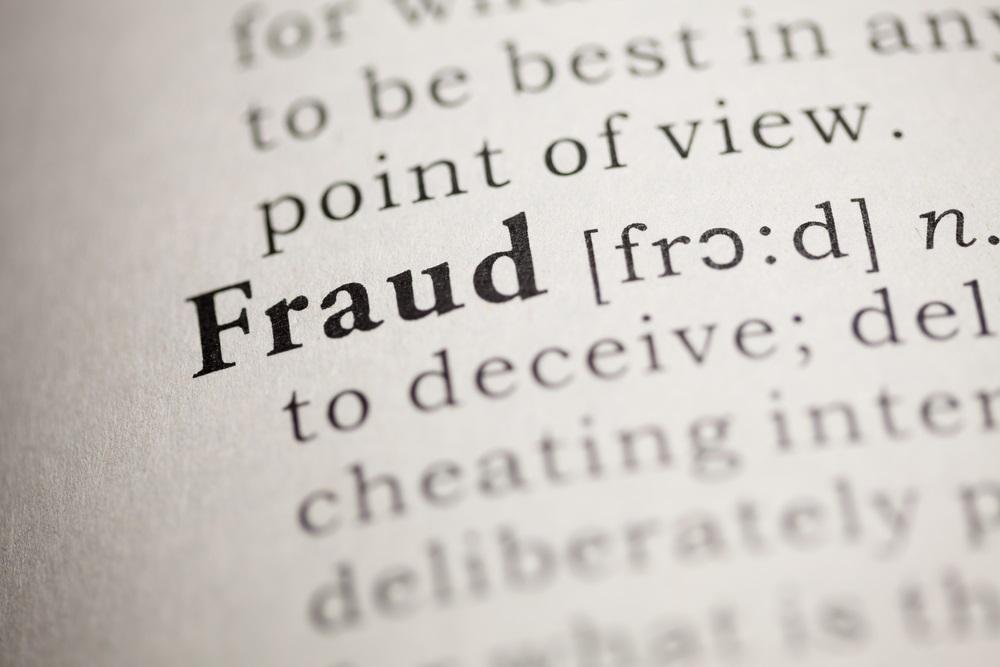
18 Nov Do I Have a Claim for Fraud? Common Questions About Litigation Q&A Part II
In our last blog, Edwards Law addressed common questions that clients often have concerning their contract disputes, and whether filing a lawsuit would be a smart idea. Today Edwards Law will expand on some of the questions highlighted in the prior blog concerning fraud—how you can sue for fraud on a contract claim and the types of damages you may be entitled to. If you think a vendor or another business partner lied to you in a business transaction, you may have a good claim for fraud, separate from the contract, and may be entitled to damages above those allowed by the contract.
Fraud–Common Questions
Q: My company and I were approached by a software service provider about entering into a sort of partnership, where we would pay his company $20,000 to automate my business idea on a national scale, and he would pay my company royalties on the number of sales that were generated on the site. Although the contract he had me sign didn’t include all of the provider’s promises, I signed it anyway and paid $20,000. Since making payment, the service provider has not kept any of his promises but won’t let us out of the contract, and won’t return the $20,000 we invested. Can I get out of this contract? Can I sue to get my company’s money back?
A: Probably and yes. Under this fact pattern you can sue to rescind the contract and file a claim to recover your company’s $20,000. Whether or not you are successful in getting out of the contract depends on whether you can prove the elements of a fraud claim. A claim for fraud or intentional misrepresentation requires you to prove the following things in court:
- that the service provider made a false representation to you and/or your company, with knowledge or belief that the representation was false or without a sufficient basis for making the representation;
- that the service provider intended to induce you / your company to act or refrain from acting on the representation;
- that you and/or your company justifiably relied on the representation; and
- that you and/or your company was damaged as a result of the reliance.
If the execution of a contract is induced by fraud, and you can prove it, the contract is voidable under Colorado law. “Fraud renders all contracts void ab initio, both at law and in equity.” Under this fact pattern, the law would allow you to rescind (i.e., void) the parties’ contract and demand a full return of the $20,000, via a claim for assumpsit. “Where one has received money which in equity and good conscience he ought to pay over to another, the law creates a promise to pay, and, if he refuses to pay, an action in assumpsit for money had and received will lie.”
Q: I suffered mental anguish and my business suffered a huge loss in profits because of the misrepresentations that the other party made to us during the negotiation of the contract. Can my business recover damages above what the contract says we are entitled to?
A: Yes. The measure of consequential damages in this fact pattern would not be what both parties contemplated these damages would be in the contract, but rather whether the tort damages were “reasonably foreseeable.” Since the damage analysis is governed by tort principles, the appropriate measure of the damages is “the natural and probable result of the injury sustained by virtue of the tortious act”, which is much broader than what would be allowed under contract law. This means you can recover damages like lost profits, and mental anguish, so long as you can prove that such damages were “proximately caused” by the tortious act, and that they were “reasonably ascertainable.” However punitive damages are not recoverable in this fact pattern unless you are dealing with an insurance carrier.
Q: Can I sue for both breach of contract and fraud?
A: Maybe. Whether or not you can sue for both breach of contract and tort will depend on whether the tort obligations arise out of law separate from the contract. The difference between a tort obligation and a contract obligation is the source of the duties of the parties. Tort law is designed to protect all citizens from the risk of harm to their persons or their property, and thus tort duties are generally imposed by law “without regard to any agreement or contract.” Contract obligations, in contrast, arise from promises between the parties. Thus if the wrong you are suing on derives solely from tort principles that are not part of the contract, the law allows you to sue on that tort claim (in addition to breach of contract), even if it involves purely economic damages tangentially related to the parties’ contract.
Tort theories of relief can be complicated. Don’t do it alone—call Edwards Law today to see if you or your business have a viable tort claim. We offer a complimentary initial 20-minute consultation about your case.


No Comments